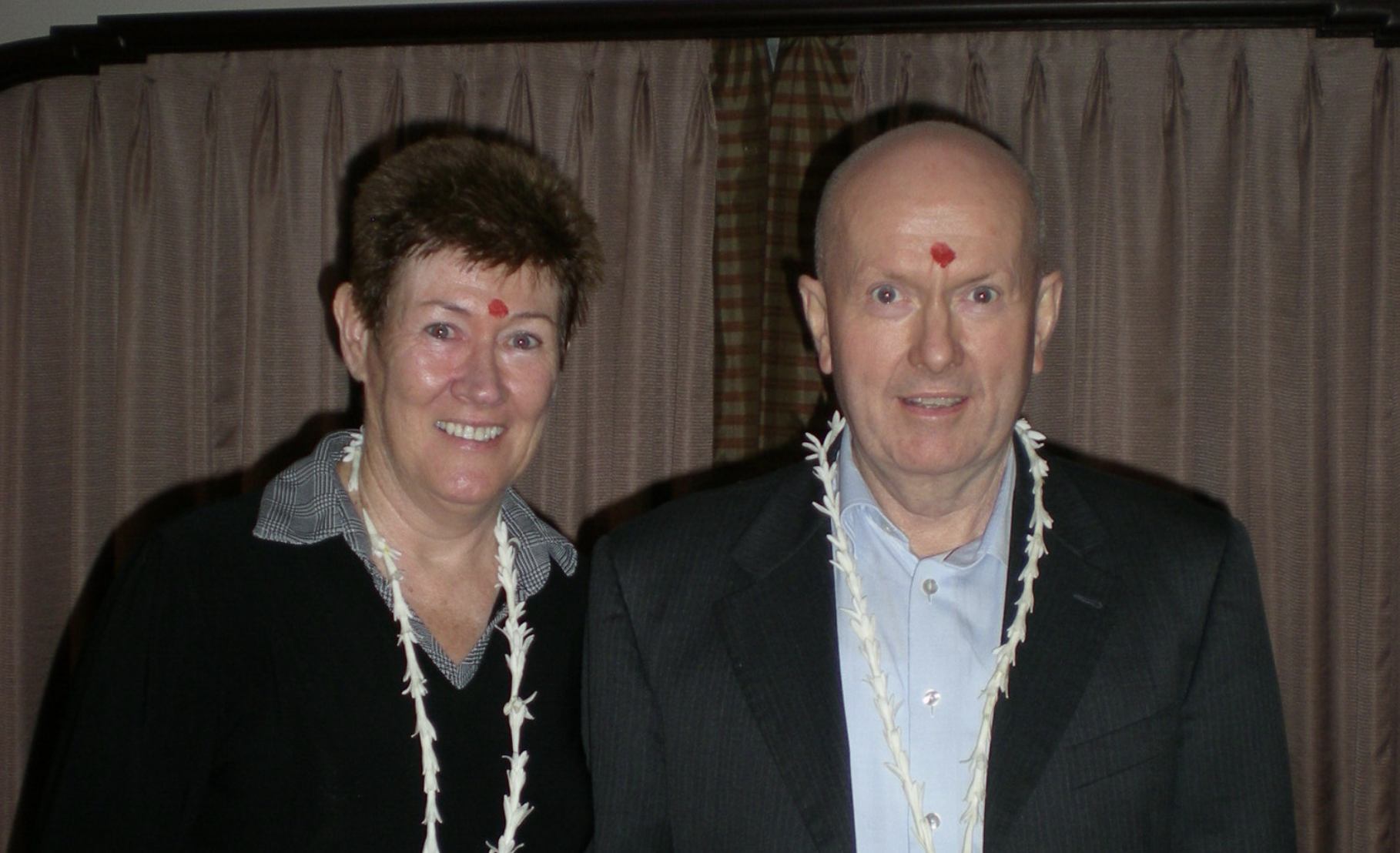The quiet satisfaction of giving
When retired medical specialist and founding Opportunity Ambassador, Dr Ian Airey OAM, was reflecting on philanthropy and considering which causes to support, he developed a philosophy that has guided 20 years of giving.

Veronika Peters: How did philanthropy start for you?
Ian Airey: My mother had a view on the importance of having a charitable outlook. I think that was the foundation, and there is a gospel imperative. Philanthropy is part of what makes us human and it’s part of living a rich life. In about 2001, I was reflecting on charitable giving. I had concerns about waste related to misplaced philanthropy. For example, in Samoa, where I worked from time to time, millions of dollars had been donated for an operating theatre in a new wing of a hospital. But the benefactors managing the project hadn’t engaged the Samoans to understand what they needed. The operating theatre with all its new equipment was separate from the rest of hospital complex and it was never used. We wanted to be sure our contribution would be used wisely.
VP: What’s your approach to philanthropy?
IA: I believe creating independence is important. We want to put people in the position where, through their own work, they don’t need philanthropy anymore. Effort plus achievement enriches people’s lives. And creating a better environment for your children than you had yourself is surely the ultimate goal. There’s no doubt that our philanthropic dollar is hugely more impactful with Opportunity overseas, than anything we could give to in Australia.
VP: When is philanthropy most effective?
IA: When it offers the dignity of working towards achieving a better life. Part of the magic with Opportunity is that support comes with mentoring, education and encouragement to have a vision. People are encouraged to think beyond the immediate loan, to plan ahead, and visualise what’s possible.
VP: Have you had an experience that crystalised your reasons for giving?
IA: My wife Jude, our daughter and I went to India in 2010 on an Insight trip. In Delhi we met some of Opportunity’s partners. I have never forgotten a lady we met there. Her husband earned a living renting a pedal bike rickshaw. He returned after peddling all day and gave the owner of the rickshaw all the money he’d earned that day, except for a meagre 10 or 20 per cent.
Opportunity gave the couple a loan to buy their own rickshaw, the loan went for something like nine months. The principle and interest payments were less than the rent they were previously paying. They were immediately better off. After the loan period, they owned the rickshaw.
I asked her, ‘What will you do when the loan’s paid off?’ She said: ‘Buy another one!’ She was very ambitious; I understand she has since amassed quite a number.
When you buy a new car, it feels great for about two weeks, but after that the excitement fades. The quiet satisfaction you get from giving is ongoing."
VP: What is your response to seeing the impact of your contribution?
IA: When you buy a new car, it feels great for about two weeks, but after that the excitement fades. The quiet satisfaction you get from giving is ongoing. To know you are helping someone in a desperate situation is motivation enough. There’s nothing intrinsically wrong with making money, but it’s a bit hollow unless you enrich other people’s lives with it.
VP: What does resilience mean to you?
IA: I saw resilience in the slums of Delhi. The woman I met there (mentioned prior) was living beside a sewer. She could have given up. But she was a survivor, she was going to get herself to a better place. She borrowed money to do that, and she was dogged and determined to rise up, and she did it.
It’s good to have a vision, and then be flexible. It’s about working around things that happen.”
Resilience is found in the little challenges. There are often lots of small things going on, and the only way to handle it, is taking on the most important challenges first; don’t be overwhelmed by the 99 others! Once you’ve done the first, then approach the next one. With that approach, momentum builds up, and that is what resilience is about, acknowledge the challenges and address them in a methodical way. For all of us, resilience is walking with everyday challenges and being able to lift our eyes beyond.
Veronika Peters is Opportunity’s Chief Philanthropy Officer. If you’d like to explore philanthropy further, please contact her at vpeters@opportunity.org.
To find out more about how you and your family can become an Ambassador for Opportunity, please email our National Development Manager, Ben Scott, at bscott@opportunity.org.